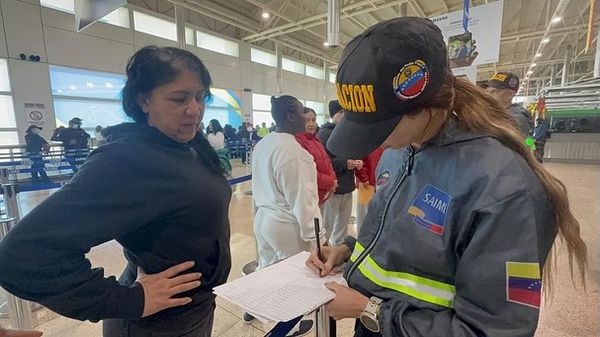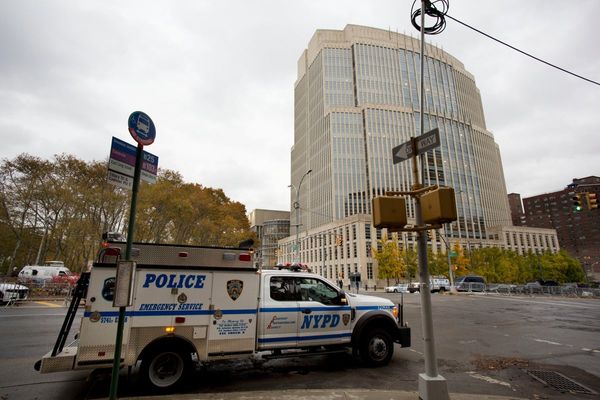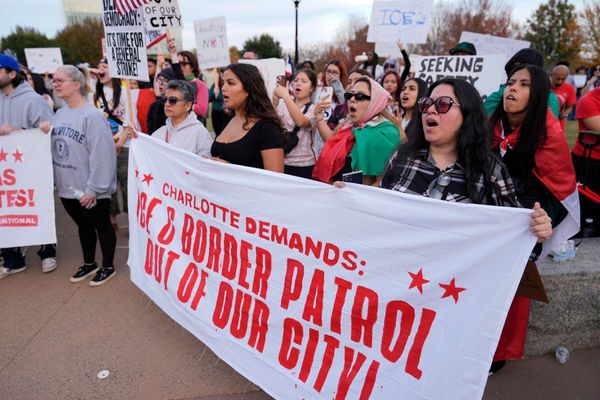
Counting continues after the New South Wales state election and while Labor has clearly won government, its ability of securing a majority is still in some doubt as a handful of seats remain undecided.
In the upper house the race appears to be boiling down to one last seat, which could either seal a progressive majority or tie the chamber between the left and the right.
Labor last gained power from opposition in 1995 and before that in 1976. In both cases it won a majority, but that wasn’t clear until some time after election day. This election may prove to be similar.
At the time of writing, Labor has definitively won 45 seats and leads in Ryde and Kiama. These two seats would bring it up to a majority.
Labor has also fallen behind in three seats – Goulburn, Holsworthy and Terrigal – but the party is expected to regain the lead as late votes are counted.
It is also still in the hunt in Drummoyne, Miranda, Oatley and Winston Hills, but is the underdog in each. Miranda and Oatley are particularly close.
This means Labor needs to win two more seats out of nine possibilities. While the chances of a minority government remain, a majority government is more likely.
For the minor parties and independent candidates, there are a handful of races still undecided.
The Greens look likely to hold on to Balmain. Independent Judy Hannan is looking strong to win Wollondilly from Liberal MP Nathaniel Smith, while former Coalition minister Rob Stokes’ open seat of Pittwater is a dead heat between the Liberal and the independent. So the crossbench could include up to 12 members, a record in modern NSW history.
Meanwhile, we are getting a better picture of the results in the Legislative Council. The number of members on the centre left will increase by one, possibly two, which would produce a 22-20 progressive majority.
Labor has won an eighth seat, one more than in the last two elections. The Greens have regained their second seat, which was lost to a defection in 2019. Legalise Cannabis will win its first seat in NSW.
On the right, the Coalition has won six seats, down from eight in 2019 and nine in 2015.
One Nation will win one seat, bringing its total to three. At the moment it is not close to winning a second seat for its recent recruit Tania Mihailuk, but she could be chosen to fill the vacancy caused by Mark Latham resigning the seat he had won in 2019.
The Liberal Democrats have won their first seat in state parliament after a false alarm in 2019, while the Shooters, Fishers and Farmers have retained their one seat, keeping their total at two.
Fred Nile will lose his seat after 42 years in parliament, having run on a below-the-line group as a support candidate for his wife, Silvana.
That adds up to six members of minor parties elected to the upper house, the same number as in 2019: three on the left and three on the right. But one more minor party is in the hunt for the final seat.
The race for the final seat is between the seventh Coalition candidate and the Animal Justice candidate. The Coalition is slightly in front now, but with a lot of votes yet to be counted.
The Animal Justice party has won seats at the last two elections with a lower vote than any other successful candidate under the current system, thanks to strong preference flows from leftwing voters, and this year it is likely to benefit from Greens and Labor preferences.
If it wins, Labor will be able to pass legislation with the support of the Greens, Legalise Cannabis and Animal Justice without needing to rope in rightwing crossbenchers.







